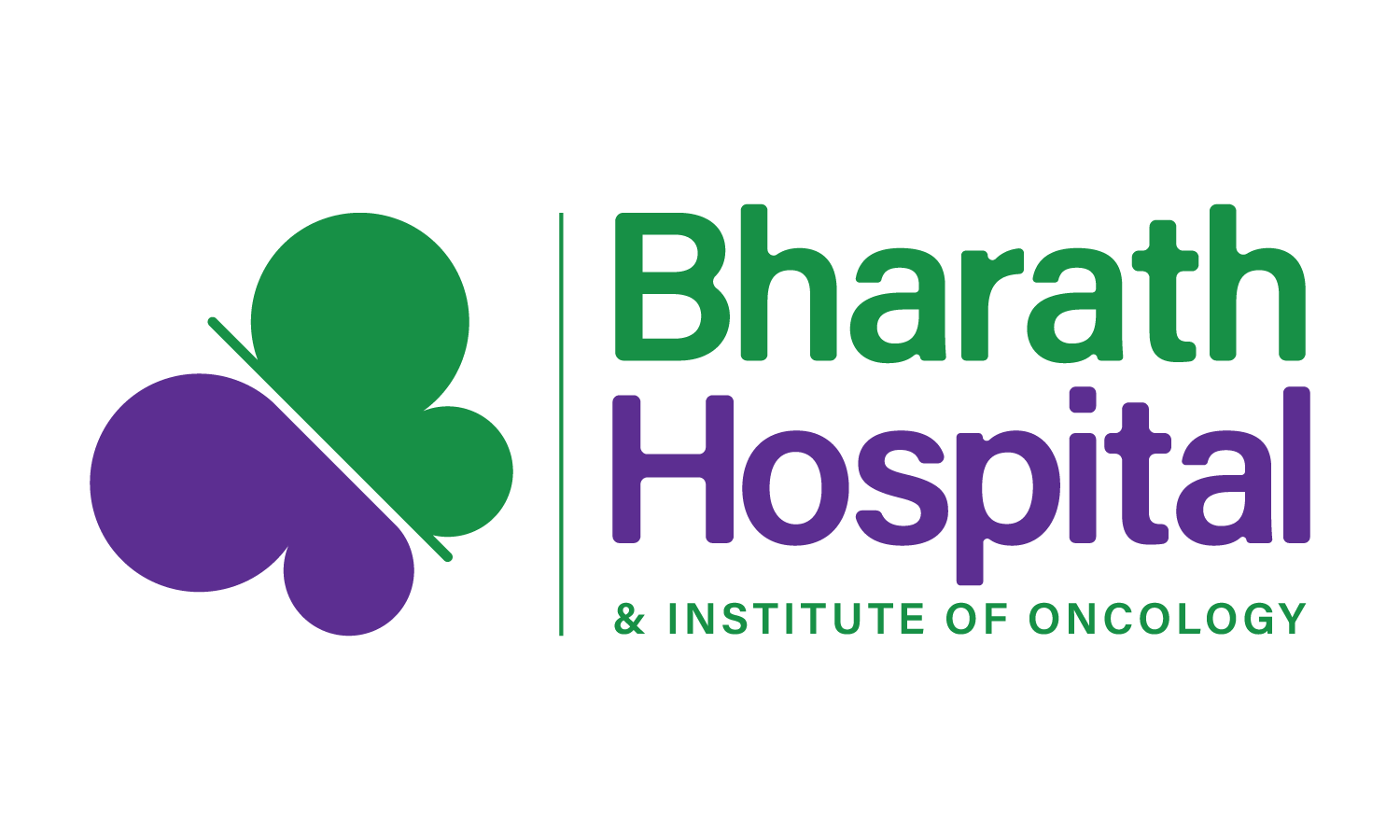Overview
Esophageal cancer is cancer that occurs in the esophagus — a long, hollow tube that runs from your throat to your stomach. Your esophagus helps move the food you swallow from the back of your throat to your stomach to be digested. Esophageal cancer usually begins in the cells that line the inside of the esophagus.
Symptoms
Causes
Factors that cause irritation in the cells of your esophagus and increase your risk of esophageal cancer include:
Diagnosis
In addition to a physical examination, the following tests may be used to diagnose esophageal cancer:
Treatment
For people who are healthy enough, treatment for these cancers is most often chemoradiation followed by surgery. Patients with adenocarcinoma at the place where the stomach and esophagus meet (the gastroesophageal junction) are sometimes treated with chemo (without radiation) followed by surgery.Jun 24, 2



